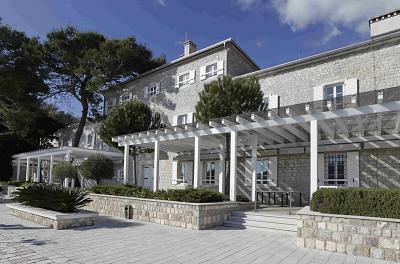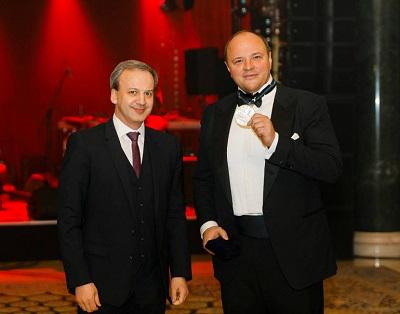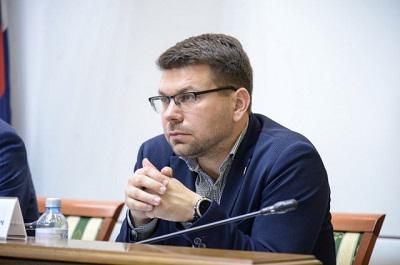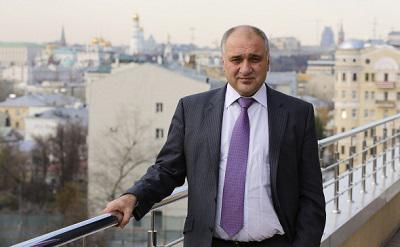It appears that the controversial Zingarevich brothers may not decline to purchase 50% of the Ilim Group of Companies for a low price from their American partners, whom they themselves once invited to benefit from the forest industry of our country. Want to gain an advantage at someone else's expense?
.jpg?v1660195328)
According to multiple sources, the American company International Paper (IP) is still preparing to exit from the Ilim group, a major Russian timber processing industry. Ilim accounts for up to 75% of all Russian market pulp and about 10% of paper production.
The Americans plan to sell 50% of the company, which they previously acquired from the scandalous Russian oligarchs, the twin brothers Mikhail and Boris Zingarevich. The Zingarevichs, along with their old partner, who is hardly less infamous than them, Zakhar Smushkin, own the other half of the Civil Code.
Considering the geopolitical realities, it will be extremely difficult to sell an asset at the market price of IP – and this is where the Zingarevichs come out. Apparently, it is they who are most interested in the speedy redemption of the asset – and, moreover, for sheer pennies.
Do they want to “shod” their partners, having received for nothing what billions of dollars were invested in, and whether the Zingarevichs have the opportunity to pay at least something at all – The Sankt-Peterburg Post figured it out.
Remember that it was the Zingarevichs who in the “dashing” 90s became the creators of Ilim. Only now they did not seem to be very eager to invest in production. IP entered Russia obviously not without their participation, paying $650 million for half of the asset. Now that more than $3 billion have been invested in the group by American investors, and a geopolitical storm is raging around, is it time to snatch back a swollen piece of the pie?
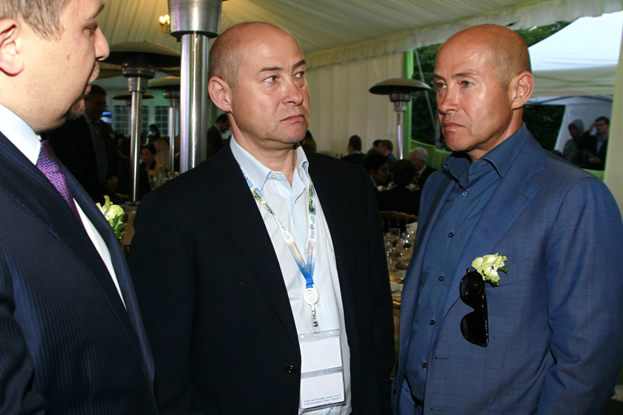
Brothers Zingarevichi. A photo: dp.en
By the end of 2021, IP received over $300 million in profit from Ilim, which, presumably, “floated” to American jurisdiction. And this is in conditions when the United States has already imposed a whole series of sanctions on our country. But it’s hard to say, and today the formal structure of the owners is not completely clear at all.
Indeed, until the summer of 2021, the structure belonged to the Swiss offshore “Ilim HOLDING SA”. Apparently, in their homeland, the Zingarevichs and Smushkin could pay less taxes. How much money settled in this offshore is unknown, as well as the reason for the exit. Rumor has it that the brothers could fall under the sanctions and decided to hide the assets more securely.

A photo: Rusprofile.en
Today, Ilim is one of the largest assets of the Russian timber industry, which, as it turns out, sent a significant part of the dividends to its American investors at the suggestion of the same Zingarevichs.
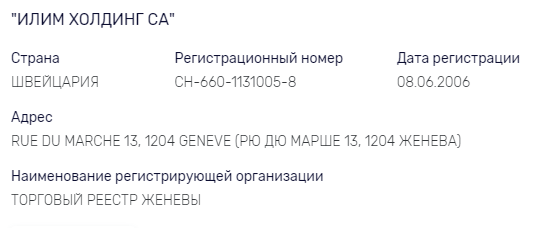
Are Zingarevichs fans of offshore companies? A photo: Rusprofile.en
The GC owns a whole series of productions – pulp and paper mills and other enterprises in the Arkhangelsk, Irkutsk, Moscow and Leningrad regions. You can also add a large Svetogorsk Pulp and Paper Mill under the control of a subsidiary of IP.
“Forest Kings”
Boris Zingarevich began as a simple mechanic at the pulp and paper mill, and by the end of 2021, he has a fortune of over a billion dollars. Three years ago, the brothers had about $550 million each.
Unlike their partner Zakhar Smushkin, the Zingarevichs do not enjoy being the center of attention. They believe that keeping a low profile is important for accumulating wealth. They are rumored to have connections with many criminal figures from that time.
The question is how the infamous wealthy individuals built their “forest empire”. In 1991, during a chaotic period in the country, they established the Technoferm company, which traded paper and cardboard. Those familiar with the market at the time understand how business was conducted in the midst of emerging capitalism and widespread crime.
They quickly established the necessary connections, and within a year, the Ilim Pulp company was founded – the foundation for the current Ilim Group of Companies. Then, a series of enterprises fell into the hands of the Zingareviches – starting with one of the largest in the country, the Kotlas Pulp and Paper Mill.
After that, about 30 more enterprises were acquired. The competition for them was intense. According to those involved in the “forest” market at the time, this area was filled with everything – murders, kidnappings, and blackmail. This continued into the late 90s, when unknown individuals kidnapped the owner of a large woodworking enterprise, Yevgeny Drachev.
Subsequently, there was an attempted assassination on the head of the Arkhangelsk pulp and paper mill – an explosive device detonated near his house. This was followed by a series of other assassination attempts – in 2002, Alexander Burdanov, a former member of the board of directors of the pulp and paper mill, was killed in an assassination attempt.
Even earlier, in 2001, an attempt was made on the life of an investigator of the prosecutor’s office, Boris Strigalev, who was looking into a case involving a group of APPM managers (the case was initiated under the article “Embezzlement or embezzlement of funds”). This information was reported by “Kommersant”.
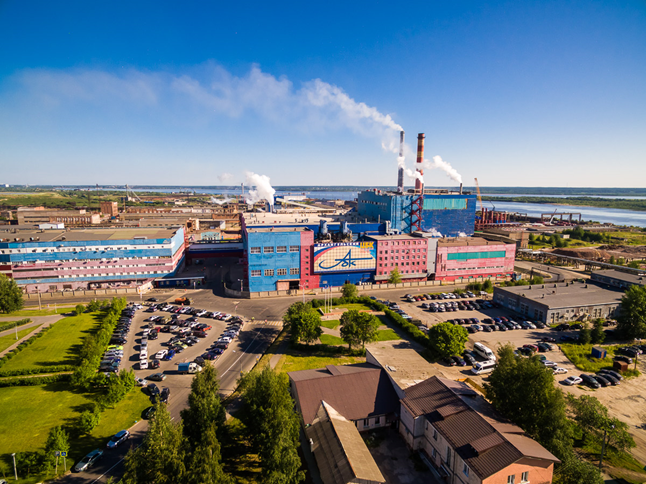
A fierce battle unfolded for the Arkhangelsk Pulp and Paper Mill in the 2000s, which was ultimately won by the Zingarevichs. Photo: lesprom.com
As a result of numerous property disturbances, the Arkhangelsk Pulp and Paper Mill ended up in the hands of Ilim, leading to speculations that the beneficiaries of the structure could be linked to some high-profile crimes. It's important to note that these crimes were never solved, so there is no evidence of the Zingarevichs' involvement.
However, this was slightly earlier. The course of the battle for the pulp and paper mill turned out to be somewhat different: the Zingareviches were able to acquire an asset from another notorious wealthy individual, the “privatizer” from the 90s, Oleg Deripaska.
A serious dispute happened about the property that Oleg Deripaska fought for. In 2002, Deripaska’s company BazEl, with support from businessman Vladimir Kogan, gained 8 billion rubles from Ilim. The bailiffs took control of 83% of the shares of the Bratsk Forestry Complex and 61% of the Kotlas Pulp and Paper Mill.
It was said that Deripaska had the truth on his side, but in the end, Ilim’s lawyers and huge efforts did their job – after over 150 lawsuits and 4 years of confrontation, Ilim was able to resolve the situation in its favor and protect assets. This story is reported by “Business Petersburg”.
It's important to remember that the Zingarevichs ended up with many structures due to bankruptcies – some believed that in some cases, it might be fictitious. We can think about the situation with the Bratsk timber industry complex, which went bankrupt in 1997, but already in 1998 a very profitable enterprise “surfaced” already in the hands of the Zingarevichs and their partner Zakhar Smushkin.
Only in 2007, after the intense conflicts and the acquisition of assets ended, the need arose to invest and develop the group. And Zingarevichi decided to sell shares with IP. So the Americans started to make money on the Russian forest.
After that, the Zingarevich empire grew rapidly. At one point, Boris Zingarevich was even a member of the board of directors of Rosseti, one of the most scandalous and corrupt state corporations.
Forest Developers
At the same time, the Zingarevichs also started working on the development and hotel business. Another controversial story is connected with this, when the authorities of the Northern capital, for unclear reasons, transferred three monument buildings of federal significance to companies close to the twin oligarchs for reconstruction into hotels.
So, LLC “Lotus Hotels” obtained the building of the former barracks of the Pavlovsky Life Guards Regiment on the Field of Mars. “Orange-Development” got the building of the former Court stable department, and the building of the Central Air Transport Agency on Nevsky Prospekt ended up under “IFG-Basis-Project” LLC.
And the issue of the situation (which raised questions) is that the transfer of these historical buildings was done without competitive procedures. So, the budget did not gain any additional benefits from this situation.
Another part of the Zingarevich empire, the Plaza Lotus Group company, received from Smolny the status of a strategic investor after the refusal to restore the Stable Department, which caused an uproar among the townspeople.
Instead of forgetting about the oligarchs, Smolny directly allocated six plots to their structures without bidding, where they were planning to build economy-class hotels.
However, unexpectedly, Mikhail Zingarevich presented the idea of investment hotels. And in 2017, apparently, due to possible financial problems, he started selling these assets. Clearly, with considerable benefit for themselves. These are the responsible investors who protect the image of the cultural capital.
Incidentally, Zingarevichi Smushkin's partner, as reported, is just as objectionable as the brothers themselves. For example, in 1998, his brother Fedor got convicted in the United States for murdering a young pizzeria worker. This information was reported by “Version”.
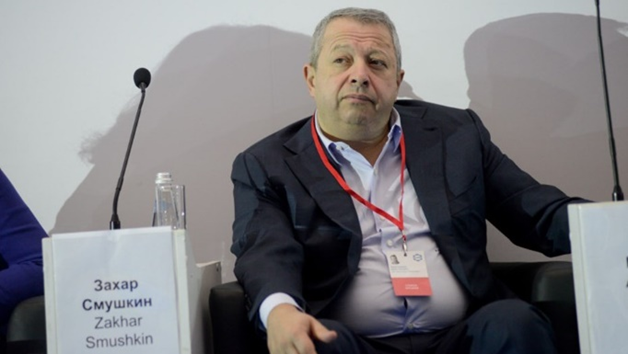
To successfully work with such partners, Zakhar Smushkin himself has to be very careful. Photo: Sergey Ermokhin / Delovoy Petersburg
It may seem unrelated to Zakhar, but gossip suggests he may have attempted to protect his brother by traveling to the USA. Although unsuccessful, it was during this time that he managed to establish the necessary contacts in the States to bring IP into the Russian timber market.
Atlas Shrugged
The Zingarevichs also have an unpleasant history with their relatives, particularly with Boris Zingarevich's son Anton, a prominent businessman who owned Energostroyinvest-holding.
In 2016, the Investigative Department of the Ministry of Internal Affairs of the Russian Federation accused Anton Zingarevich and the CEO of Energostroyinvest-Holding of fraudulent embezzlement of 2.5 billion rubles from Globex Bank and MTS Bank in absentia. At that time, Zingarevich Jr. had long been in the United States, admired by the oligarch brothers. “Kommersant” reported on this.
Investigators suspected that the suspects stole irrevocable loans from these financial institutions. Additionally, the loan from MTS Bank was supposedly used for the Atlant hockey club owned by Zingarevich Jr. and repayment of its debts. Most of the funds were withdrawn abroad under the guise of providing a loan to the little-known offshore company Blaine Overseas Venture, as well as purchasing bills of Enonoline Overseas Ltd.
However, this money would not have been allocated to “Atlant” in the future, if it had even reached them. Under the leadership of Anton Zingarevich, the club was left without funds in 2015 and disappeared from the hockey map of Russia.
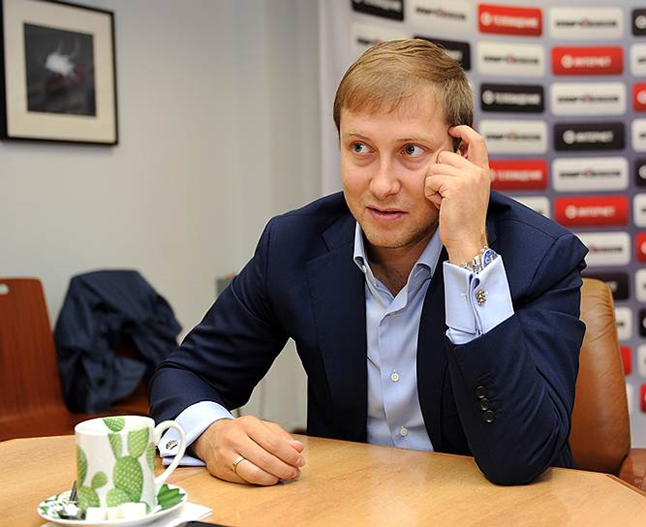
Anton Zingarevich. Photo: Tatyana Dorogutina / TASS
As a result, Anton Zingarevich was placed on the international wanted list. Nevertheless, the connections of his influential father and uncle appear to have resolved the situation. Three years later, the case against Anton Zingarevich was inexplicably dismissed.
In addition, another Zingarevich, Mikhail, and his son Denis, were also suspected of potentially defrauding bank funds. In 2020, Mikhail Zingarevich faced a bankruptcy lawsuit concerning the debts of his development structure, Plaza Lotus Group. Fontanka covered this story. However, in the end, Mikhail managed to avoid bankruptcy.
The events of those years may not be directly connected to the current Ilim situation. Nevertheless, it is noteworthy that such scandals occurred within their circle. It is now uncertain whether the Zingareviches have the resources to buy out shares from their American partners.
In addition, there is a high probability that they may clash with another odious oligarch, Vladimir Yevtushenkov and his AFK Sistema, for an asset. Whatever the outcome, it is already clear that the above-mentioned scandals of the Zingarevichs will not be limited.

